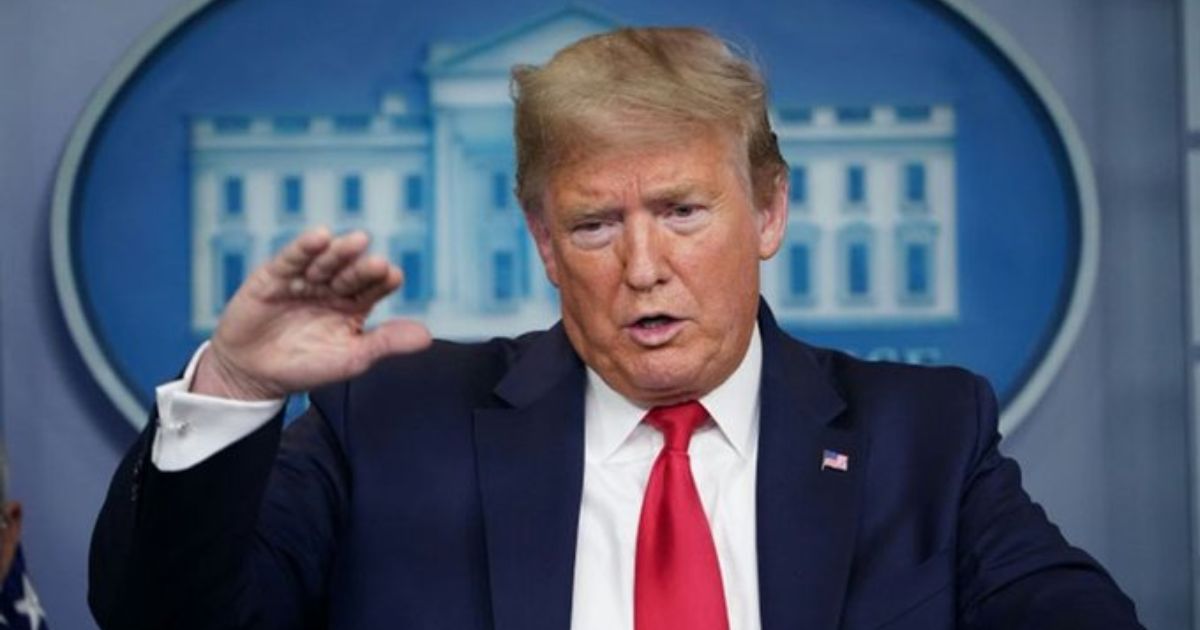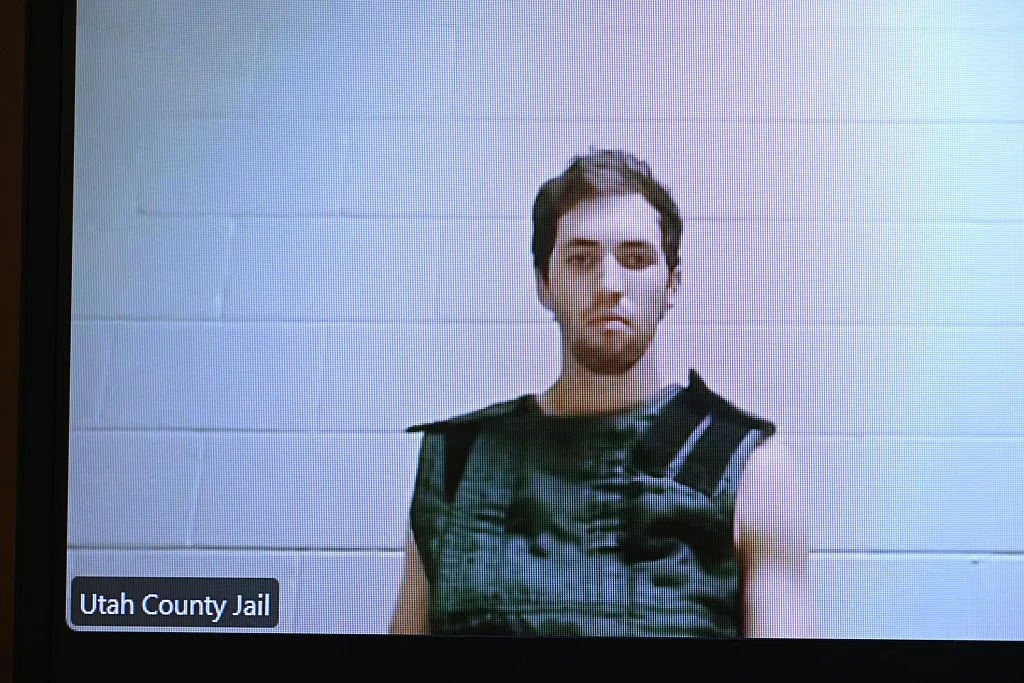By Frank Yemi,Teapainusa/x
Copyright inquisitr

President Donald Trump’s hard-charging campaign against Latin American cartels just ran into a legal buzzsaw from veterans of his own party. Former Republican administration lawyers and national security hands are warning that two recent U.S. missile strikes on boats allegedly tied to Venezuela’s Tren de Aragua gang may have crossed a bright legal line, and they want the White House to show its work.
Here is the backdrop. Earlier this month, the administration touted a lethal strike that killed suspected smugglers aboard a speedboat Washington said was ferrying cocaine and fentanyl from Venezuela. Days later, Trump said the military hit a second vessel in international waters, killing three more. Unlike typical interdictions, seize the boat, arrest the crew, these were kinetic blows meant to send a message, not haul suspects to court. The footage and boasts came fast, the legal rationale, not so much.
President Trump is bragging about blowing up a third boat in international waters near Venezuela, claiming they are loaded with US-bound drugs and are commandeered by “narco-terrorists.” His own Intelligence Community disputes the claim.
Also today, “neutral mediator” Donald… pic.twitter.com/I76OzqWcg4
— Ron Paul (@RonPaul) September 17, 2025
“There has to be a line between crime and war,” said John Yoo, a former deputy assistant attorney general under George W. Bush. “We can’t just consider anything that harms the country to be a matter for the military. Because that could potentially include every crime.” Yoo, now a law professor, argued the administration must make a stronger case for treating cartels as wartime enemies rather than criminals to be prosecuted.
The White House points to a War Powers notification sent to Congress after the first blast and public claims by the president that video showed contraband scattered across the sea. Trump said the military had recorded evidence the boats were leaving Venezuela and heading toward the United States. “We were very careful because we know you people would be after us,” he told reporters, insisting the targets posed a national security threat.
Capitol Hill is not convinced. Twenty-five Senate Democrats led by Tim Kaine declared that the president had provided “no legitimate legal justification,” pressing the administration to explain whether non-lethal options were considered and what precise authority permits missile strikes on suspected smugglers outside a declared war. Even some conservative legal figures are uneasy with the message-sending posture, warning that it blurs the line between law enforcement and the law of armed conflict.
This week, Trump ordered a MILITARY STRIKE on a Venezuelan boat.
I served 27 years as a Marine and fed prosecutor: I’ve put smugglers in prison, incl. from our southern border. Drug trafficking is a crime, NOT an act of war.
We’re marching toward autocracy. pic.twitter.com/A2RbvxszjU
— Ryan Crosswell (@Ryan_Crosswell) September 8, 2025
Inside the West Wing, the tone has been defiant. Vice President JD Vance brushed off an online critic who called the operation a war crime, saying, “I don’t give a s—t what you call it.” Allies have promoted the idea that powerful cartels operate like paramilitary groups, and some have pushed to treat Tren de Aragua as a terrorist organization, framing traffickers as lawful wartime targets rather than defendants owed due process.
“If I were a fisherman I wouldn’t want to go fishing”
Trump admits his blowing up boats in international waters based on (thin) claims of drug smuggling is hurting the fishing industry and clearing the ocean of boats pic.twitter.com/N8ytvnp2PB
— The Tennessee Holler (@TheTNHoller) September 16, 2025
National security lawyers say transparency is crucial. Charles Dunlap, a former top Air Force JAG and now a law professor, urged the administration to release the facts and formal legal analysis behind the decision. Without that sunlight, he warned, other governments could mimic the tactic against their own foes and justify it by pointing to Washington. In plain English, if a suspected drug boat can be hit by a missile, what stops rivals from doing the same?
The pushback is not limited to procedure. Brian Finucane, a former State Department attorney, said the president is asserting a license to kill outside armed conflict and without due process. Conservative legal scholar Ed Whelan cautioned there is a line between legitimate acts of war or self-defense and murder, and that officials should care about staying on the right side of it. Harold Koh, a former State Department legal adviser, called the strikes lawless and reckless, arguing there is no declaration of war and no public proof the targets were actually drug smugglers.



